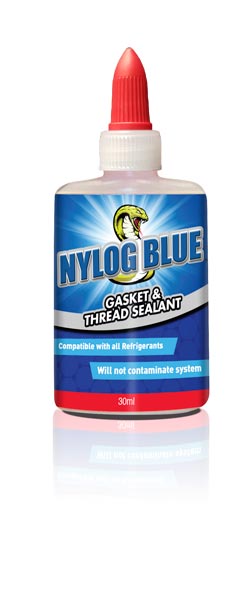Tech recharged it as according to him finding a leak is a "complicated and very expensive" process, so did nothing.
That's impressive that you found an hvac tech that is that lazy.
Must be daang hot where you are, right now.
Buy the electronic sniffer, and start at the outside condenser unit.
Start sniffing at the connection points between the condenser and the pipes that lead to the house.
Look around the unit to see if there's any impact damage from a weed whacker, or other type of yard implement.
Just kind of go all around the outside of the condenser and see if the sniffer finds anything.
Then go inside, and again, sniff around the connection points between the lineset and the coil.
Seriously, this isn't that hard to think up a proper list of things to inspect.
There's really only 3 parts to an hvac system that contains refrigerant.
The condenser, the coil unit in the air handler, and the lineset between those two units.



